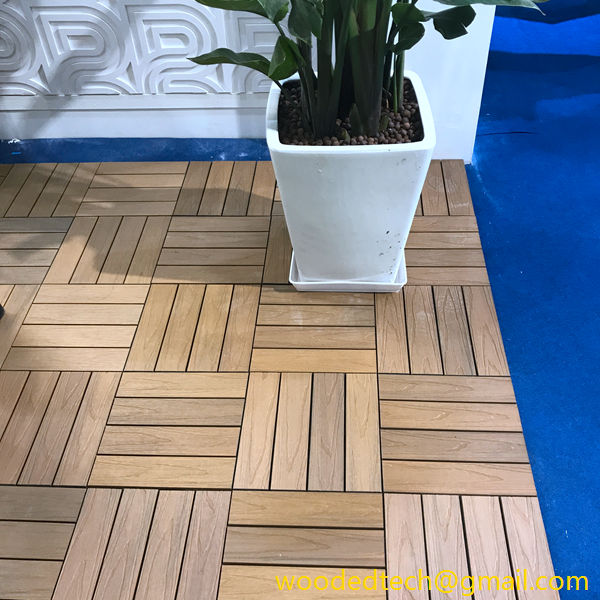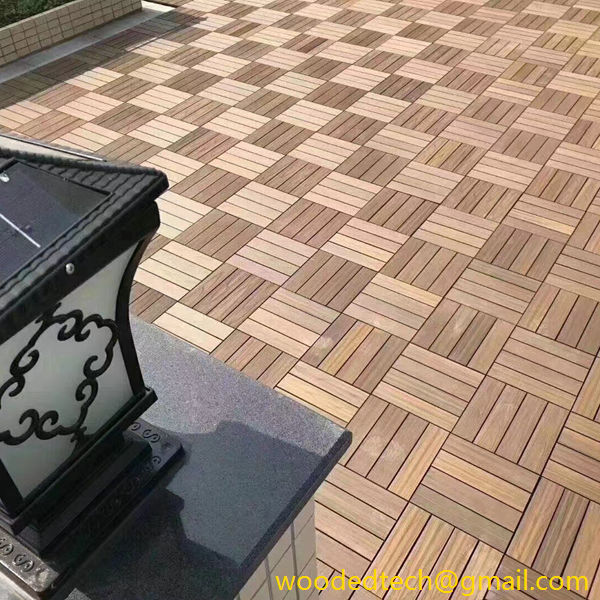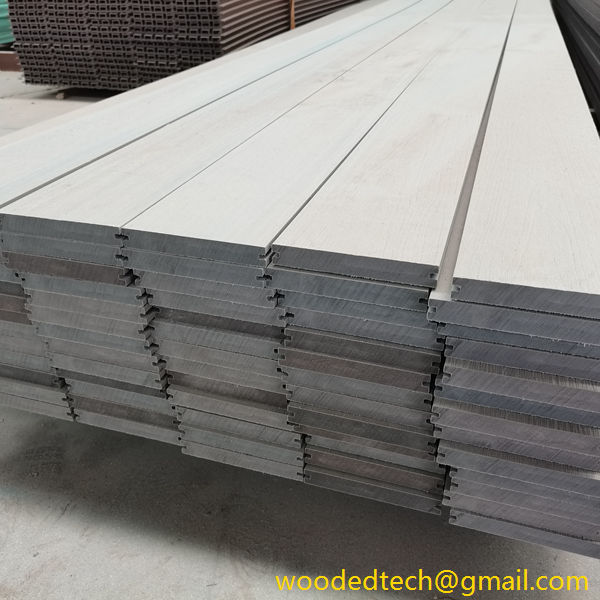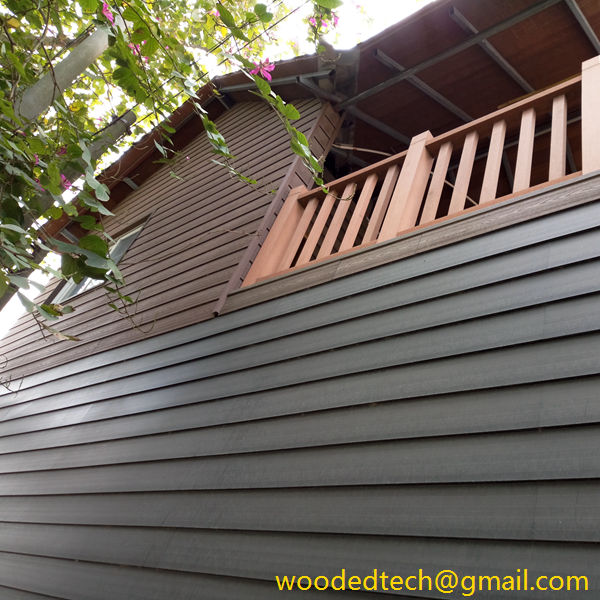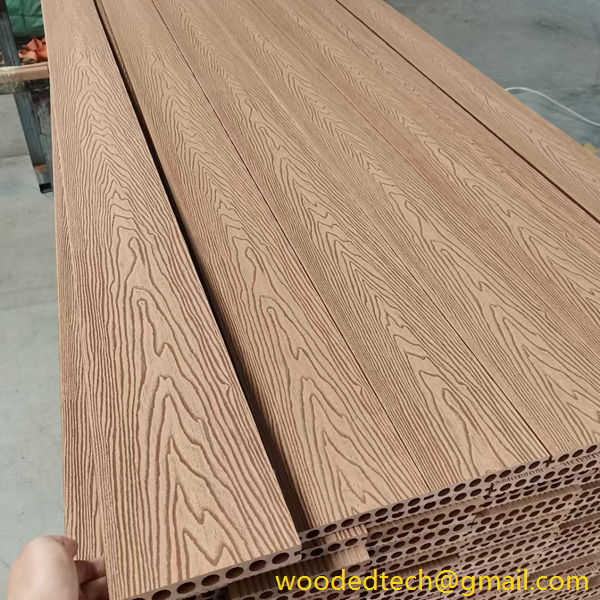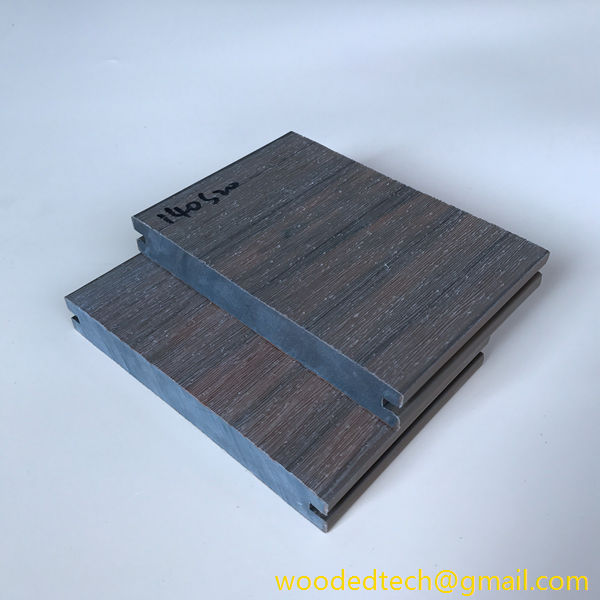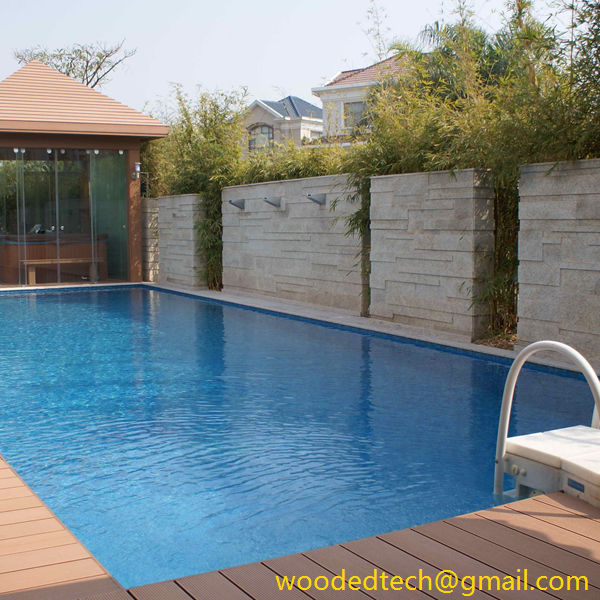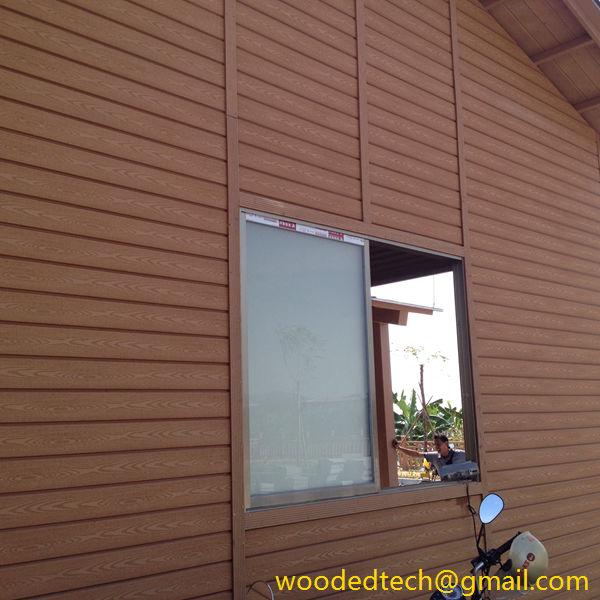Get the Best WPC Deck Tiles Price for Your Outdoor Space
Get the Best WPC Deck Tiles Price for Your Outdoor Space When it comes to enhancing your outdoor spaces, one of the most popular and practical choices is the use of Wood Plastic Composite (WPC) deck tiles. These tiles combine the natural aesthetic of wood with the resilience and durability of plastic, making them an…
Get the Best WPC Deck Tiles Price for Your Outdoor Space
When it comes to enhancing your outdoor spaces, one of the most popular and practical choices is the use of Wood Plastic Composite (WPC) deck tiles. These tiles combine the natural aesthetic of wood with the resilience and durability of plastic, making them an excellent option for patios, balconies, and outdoor entertainment areas. However, before diving into your project, it’s essential to understand the factors influencing the pricing of WPC deck tiles and how global production capacity impacts these costs.
The global market for WPC materials has experienced significant growth over the past few years. This surge is attributed to a rising demand for sustainable building materials that offer both environmental benefits and aesthetic appeal. As more consumers seek eco-friendly options, manufacturers are ramping up production to meet this demand. However, production capacity is not uniform across the globe, and this disparity can influence pricing in various regions.
In regions where WPC materials are produced in abundance, you can often find better prices. Countries like China, which has become a leader in the production of composite materials, benefit from established manufacturing processes and economies of scale. The extensive production capacity in China allows for lower prices due to reduced production costs and bulk manufacturing capabilities. This means that consumers in regions close to these manufacturing hubs can access WPC deck tiles at more competitive rates.
Conversely, in regions where WPC materials are imported, prices may be significantly higher. Factors such as shipping costs, import tariffs, and local demand can all affect the final price paid by consumers. For instance, if you live in a country that relies heavily on imports from a distant manufacturing location, the added transportation costs can lead to higher retail prices for WPC deck tiles. Additionally, fluctuations in currency exchange rates can further complicate pricing for imported goods, making it vital for consumers to consider these factors when budgeting for their outdoor projects.
Another aspect of global production capacity that affects pricing is the availability of raw materials. WPC is made from a combination of wood fibers and plastic, and the sourcing of these materials can vary significantly across different regions. Regions that have easy access to timber and plastic waste may have lower material costs, which can translate into more affordable WPC deck tiles. Conversely, regions facing resource scarcity or stringent regulations on timber sourcing may see higher prices due to the increased costs of obtaining these raw materials.
Technological advancements in the manufacturing process also play a critical role in determining pricing. As production techniques evolve, manufacturers can create WPC products more efficiently and at a lower cost. For instance, innovations in extrusion technology have allowed for more precise molding of WPC deck tiles, reducing waste and improving product consistency. Regions that invest in advanced manufacturing technologies often see a decrease in production costs, which can lead to lower prices for consumers. Therefore, keeping an eye on technological trends within the industry can provide insights into potential pricing changes.
Furthermore, consumer preferences and trends can influence WPC deck tile pricing on a global scale. As outdoor living spaces become increasingly important to homeowners, the demand for customizable and aesthetically pleasing WPC products has surged. Manufacturers are responding by introducing a variety of colors, textures, and finishes to appeal to diverse tastes. This trend towards customization can sometimes lead to higher prices, especially for premium products. Consumers should consider what features are most important to them when shopping for WPC deck tiles, as these preferences can directly impact the overall cost.
In addition to these factors, seasonal fluctuations can also affect WPC deck tile prices. The demand for outdoor materials often peaks during the spring and summer months when homeowners are eager to revamp their outdoor spaces. During these peak seasons, prices may rise due to increased demand and limited supply. Conversely, off-peak seasons may offer opportunities for consumers to find discounts as retailers look to clear inventory. Timing your purchase can be a strategic way to secure the best prices for your WPC deck tiles.
To navigate the complexities of WPC deck tile pricing, consumers should consider a multi-faceted approach. Researching various suppliers, comparing prices, and understanding regional market dynamics can lead to informed purchasing decisions. Additionally, engaging with local contractors or builders who have experience in sourcing materials can provide valuable insights into where to find the best deals.
When planning your outdoor space, remember that the initial cost of WPC deck tiles is just one aspect of the overall investment. Consider the long-term benefits of durability, low maintenance, and resistance to weathering that WPC provides. These qualities can lead to significant savings over time, making WPC deck tiles a smart choice for those looking to enhance their outdoor living areas.
In conclusion, while obtaining the best price for WPC deck tiles involves navigating various factors influenced by global production capacity, consumers who educate themselves about these dynamics can make informed choices. By understanding regional production capabilities, material costs, technological advancements, consumer trends, and seasonal fluctuations, you can find the best solutions for your outdoor space that fit both your aesthetic desires and budget constraints.

